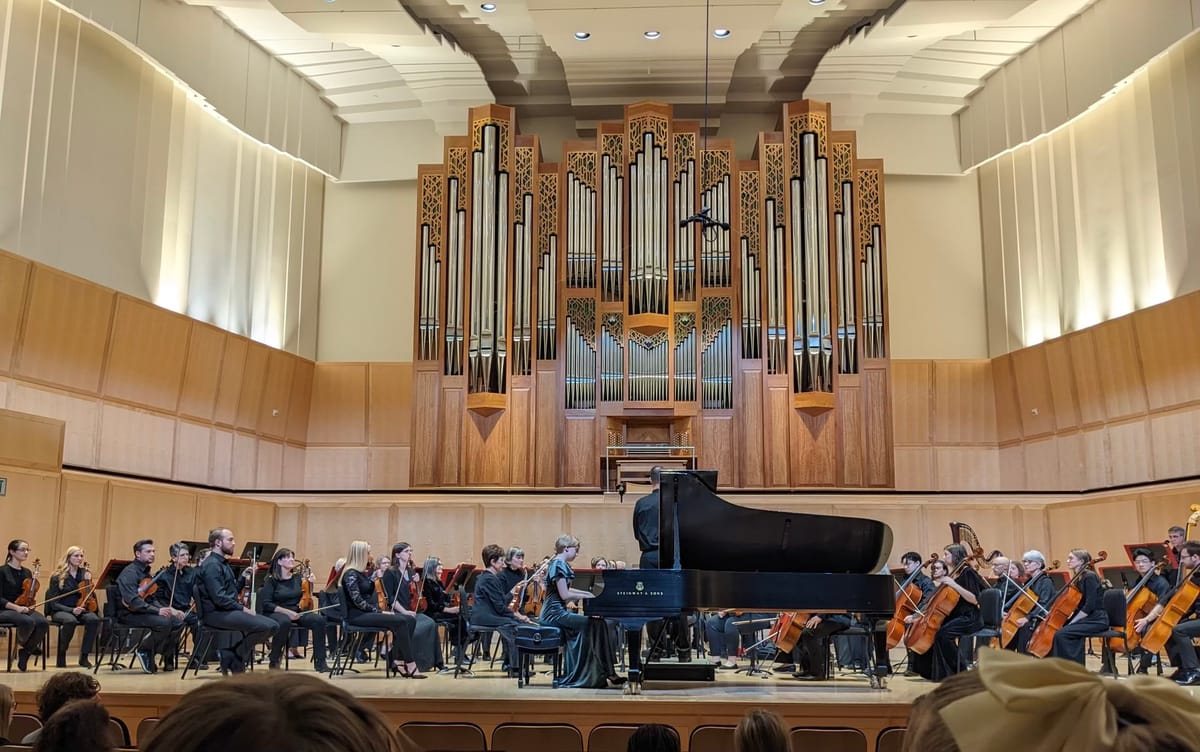To Memorize...or not...

Did you know that pianists were not always expected to perform by memory? In fact it was frowned upon because composers thought it trivialized their work, or created a 'circus act'. Playing by memory is a relatively new practice in the history of music, starting in the early 19th century (1800's). It didn't start in earnest until Franz Liszt and Clara Schumann, famous performers and composers of their day, began performing solo recitals without printed music. Even then Liszt would sometimes put music on the stand so that audiences didn't think he was making things up as he went. Composers such as Chopin discouraged students from playing from memory because it appeared arrogant, and that the pianist was trying to pass off the masterpiece as their own. Nowadays memorization for pianists is expected and is part of the amazing feat of on stage performance. Pianists are still divided on the issue of memorization.
Pros of memorization:
- The performer must have a deeper comprehension of the piece, which can lead to a more meaningful interpretation of the piece.
- The performer has more freedom of expression when not focused on the printed page.
- No page turns required! Turning pages can be distracting for the performer and audience and cause stress.
- The audience may have a better experience imagining that the performer has a deeper connection to the music.
Pros of playing with sheet music:
- The performer may be able to perform with less stress and nerves when memorization is taken out of the picture.
- The performer may be able to be more expressive because they are less nervous.
- Pieces may be ready for performance sooner when the hours required to memorize are removed from practicing.
What do you think? Some competitions require memorization, so it's worth knowing how to memorize. Look for a future post all about memorization tips!
Sources: BBC Music Magazine and Piano Inspires Kids Magazine, Winter 2024
